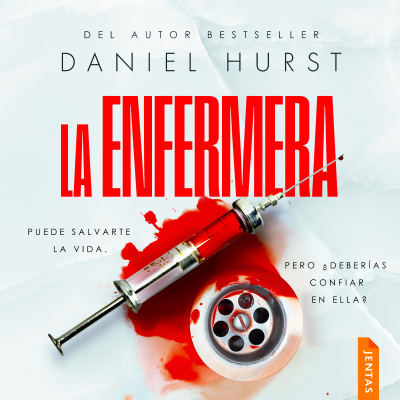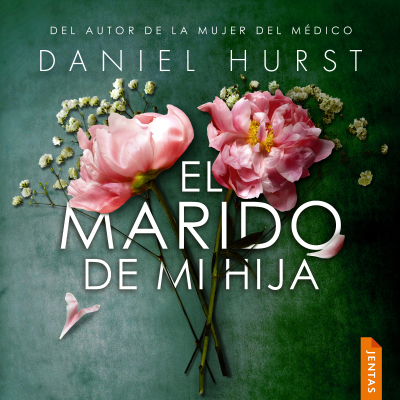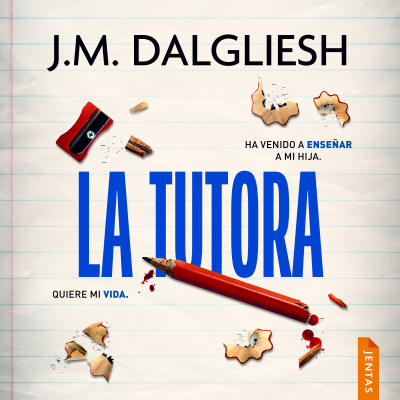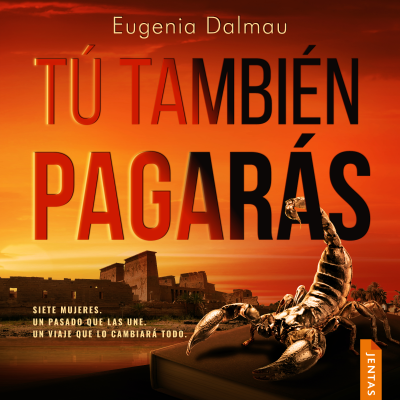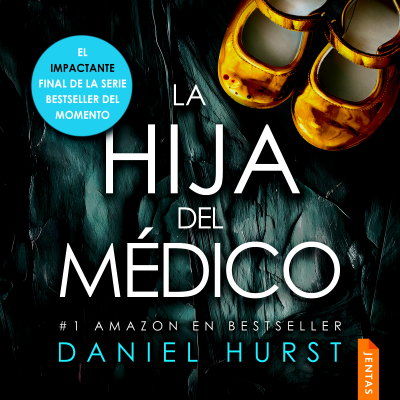
Medicine and Science from The BMJ
inglés
Tecnología y ciencia
Disfruta 30 días gratis
4,99 € / mes después de la prueba.Cancela cuando quieras.
- 20 horas de audiolibros / mes
- Podcasts solo en Podimo
- Podcast gratuitos
Acerca de Medicine and Science from The BMJ
The BMJ brings you interviews with the people who are shaping medicine and science around the world.
Todos los episodios
1032 episodiosADHD therapies, and the NHS gig economy
There is an enormous amount of research on treatment for ADHD - pharmaceutical and otherwise. But not all of those trials, or meta-analyses, are of high quality; and not many compare the whole literature. Now a new umbrella review - a review of reviews - tries to give a broad overview of the whole evidence base. Corentin Gosling, associate professor at the Université Paris Nanterre, joins us to set out the benefits and harms of ADHD therapies. Also, the BMJ’s been investigating the employment of doctors on “local” contracts in the NHS - and our latest look at this exposes what some have described as a “gig economy”, with doctors plugging rota gaps but missing out on training, development, and salary progression. Rebecca Coombes, head of journalism at The BMJ explains more. Finally, Tom Frieden is former head of the US Centers for Disease Control, and current CEO of Resolve to Save Lives - he’s written a new book on public health. He joins us to talk about what actually improves health at a population level, and why the current US administration’s approach to staffing the CDC is leaving the country open to danger. Reading list Benefits and harms of ADHD interventions: umbrella review and platform for shared decision making [https://url.uk.m.mimecastprotect.com/s/W5v8CVJpAFgV9VRIGfLFEuu8c?domain=bmj.com] Revealed: Thousands of NHS doctors are trapped in insecure “gig economy” contracts [https://url.uk.m.mimecastprotect.com/s/aJ0sCWWOLFD1G1WfxhgFoPOpp?domain=bmj.com]
Special Episode - The Covid Inquiry
"Damning” and “unforgivable failures” is how some papers headlines reacted to criticism of former UK prime minister Boris Johnson in the second of 10 reports from the UK Covid Inquiry. Under pressure, in 2001 Boris Johnson announced a covid inquiry led by a former judge, Baroness Hallett. Each report is examining a different area of the pandemic's impact, and module 2 is about decision making and political governance. The report describes inertia, toxic cultures, and an inability to learn lessons - disfunction that contributed to many extra deaths. To dissect the report and discuss what needs to change, we're joined by; * Rebecca Coombes - The BMJ’s head of journalism * Kevin Fong - anaesthetist and lead for major incident planning at University College Hospital * Matthew Flinders - Professor of Politics and Public Policy at the University of Sheffield
Climate, “car spreading”, and conflict
It’s the BMJ’s annual climate issue - and in this episode, we’ll be hearing about more ways in which climate mitigation is good for health. Firstly, climate change is fuelling conflict, and exacerbating the impact it has on fragile healthcare systems. Andy Haines, from the London School of Hygiene and Tropical Medicine, and Barbora Sedova, from Potsdam Institute for Climate Impact Research, discuss how climate and conflict intersect, and what they think needs to be done to combat it. “Car spreading”, the recent tendency for cars to become bigger and heavier is not only harming the climate, but it’s also harming pedestrians. Anthony Laverty, associate professor of public health at Imperial College London, and trauma surgeon Cleo Kenington explain why SUVs are more lethal in accidents, and why France is bucking the trend in sales. Finally, Jocalyn Clark, the BMJ’s international editor joins us to talk about women’s health innovation and why tech bros aren’t the people to be leading it. Reading list: The climate issue: Brazil and the climate crisis [https://www.bmj.com/content/391/8475] Tackling the complex links between climate change, conflict, and health [https://www.bmj.com/content/391/bmj.r1578] Reducing the harms from ever larger cars [https://www.bmj.com/content/391/bmj.r2162] Transforming women’s health through innovation [https://www.bmj.com/collections/womens-health-innovation]
Doctors against the far right
Far right rallies have been held across the UK, culminating in a large parade in London where Elon Musk spoke. At the same time, politicians from across the political spectrum are following the talking points of far right parties - and shifting their policies rightward, even the Labour home secretary has said she wishes to double the period migrants have to be in the UK before they can become citizens. That has made a group of medics decide it’s time for doctors and other healthcare professionals to use their voice and speak up - against the demonisation of migrants into the UK, and for their fellow NHS staff. They are demanding that those in positions of power do so too. Some of those medics join us on the podcast today; Alistair Stewart, consultant psychiatrist in Manchester Omnya Ahmed, resident doctor in London Jordan Rivera, occupational therapist in London Also this week, doctor, researcher, comedian and Matt Hutchinson is adding author to his list, and has released the book “Are You Really the Doctor? My Life as a Black Doctor in the NHS” - he joins Shivali Fulchand to talk about balancing all of this bits of his career - and how standup comedy has helped him maintain his career in the NHS. Reading list Everybody’s business: call to all NHS staff to oppose the influence of racism and the far right [https://www.bmj.com/content/391/bmj.r2230]
The shaky science of the Q-collar, exercise for osteoarthritis, and patient choice.
This week on the podcast The BMJ investigates Q-COLLAR, an American device that distributors claim can reduce brain injury from contact sports. Investigators James Smoliga and Mu Yang take us through the evidence, and former NFL punter turned US bobsled team member Johnny Townsend explains what this means for sportspeople. Bin Wang from Zhejiang University School of Medicine explains what the new network metaanalysis finds is the best exercise options for knee osteoarthritis And, what our patient panel really think about “patient choice”. links How an FDA cleared “brain protection” device built on shaky science made it to the NFL [https://www.bmj.com/content/391/bmj.r2028] Comparative efficacy and safety of exercise modalities in knee osteoarthritis [https://www.bmj.com/content/391/bmj-2025-085242] The BMJ's patient and public partnership [https://www.bmj.com/campaign/patient-partnership]
Elige tu suscripción
Premium
20 horas de audiolibros
Podcasts solo en Podimo
Podcast gratuitos
Cancela cuando quieras
Disfruta 30 días gratis
Después 4,99 € / month
Premium Plus
100 horas de audiolibros
Podcasts solo en Podimo
Podcast gratuitos
Cancela cuando quieras
Disfruta 30 días gratis
Después 9,99 € / month
Disfruta 30 días gratis. 4,99 € / mes después de la prueba. Cancela cuando quieras.













